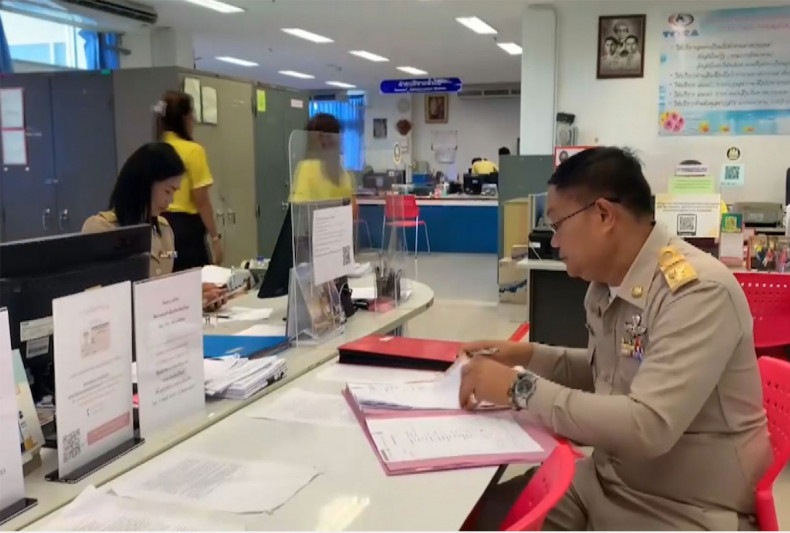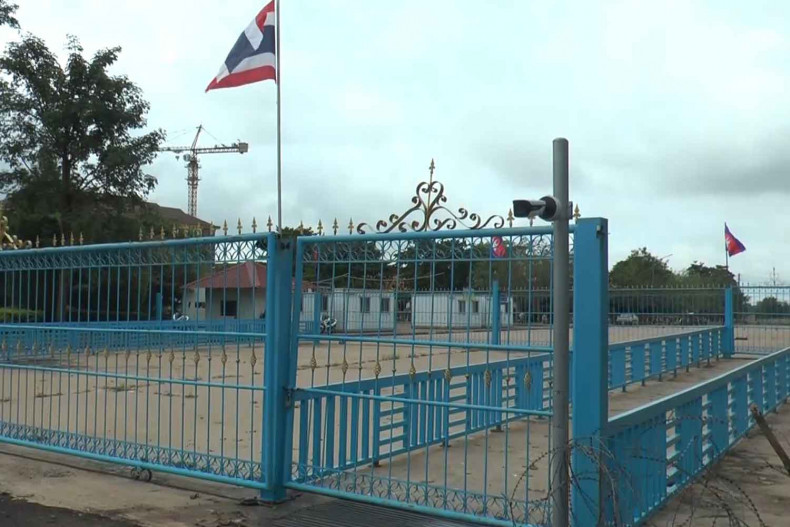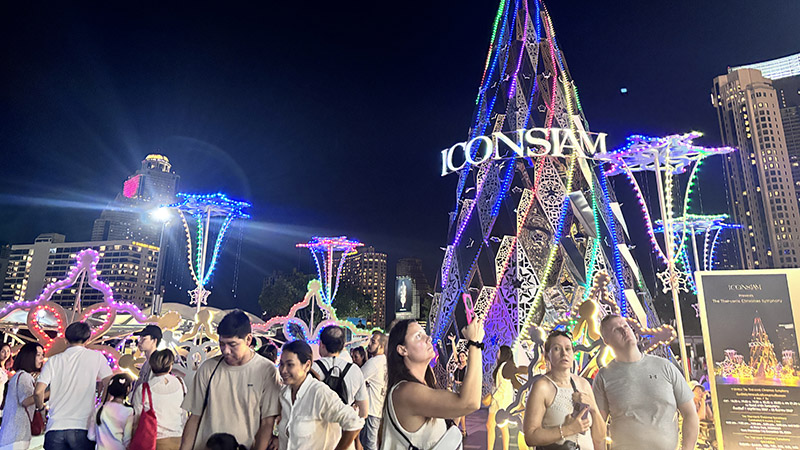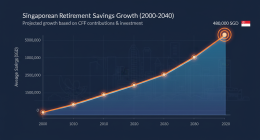No Exodus Despite Disputes
All 1,350 Cambodian migrant workers in Buri Ram province have decided to stay despite escalating Thai-Cambodian border tensions, as reported on June 21, 2025. Buri Ram Employment Office chief Somchai La-ongthong confirmed that none of the workers, primarily employed in construction, have requested to return home, highlighting their commitment to job security in Thailand.
Employment Landscape in Buri Ram
Diverse Migrant Workforce
Buri Ram hosts 3,681 registered migrant workers from Cambodia, Laos, and Myanmar, with Cambodians forming the largest group at 1,350. Most work in construction, followed by agriculture, domestic roles, and other sectors. Somchai noted that employers consulted their Cambodian staff amid the June 2025 border flare-up, finding unanimous resolve to remain, driven by economic stability in Thailand.
Reasons for Staying
Job Security and Higher Wages
Cambodian workers cited multiple reasons for staying, including fears of losing jobs to competitors from other nations if they return home. Higher wages in Thailand, averaging 15,000–20,000 baht monthly in construction compared to Cambodia’s 8,000–10,000 baht, also play a role. The prospect of economic uncertainty in Poipet, reliant on struggling casinos, further discourages repatriation.
Employer Reassurances
Labour Protection Act Upheld
Somchai advised employers to reassure workers of their rights under Thailand’s Labour Protection Act, ensuring job security and fair treatment. This guidance has fostered trust, with no reported plans for Cambodian workers to leave. The Thai Restaurant Association echoed this, noting minimal Cambodian presence in hospitality and no signs of workers departing due to tensions.
Hun Sen’s Defiant Stance
Cambodia Challenges Expulsion Threats
Former Cambodian Prime Minister Hun Sen, now Senate President, posted on social media on June 20, 2025, daring Thailand to expel Cambodian workers to test the economic fallout. With over 1 million Cambodians employed across Thailand, their contribution to sectors like construction and agriculture is significant, supporting 5% of Thailand’s $500 billion GDP, per industry estimates.
Economic and Social Implications
Migrant Workers Bolster Thai Economy
The decision of Cambodian workers to stay reflects Thailand’s reliance on migrant labor amid a declining local workforce. Buri Ram’s construction boom, fueled by infrastructure projects, depends heavily on these workers. The absence of an exodus mitigates potential labor shortages, but Hun Sen’s remarks underscore the diplomatic stakes, with Cambodia leveraging its workforce’s economic role.
Future of Cross-Border Labor
Stability Amid Uncertainty
Thailand’s efforts to retain Cambodian workers, including streamlined visa processes and labor protections, aim to maintain economic stability. Buri Ram’s proactive employer engagement sets a model for other provinces. As border disputes persist, fostering positive worker relations will be crucial to sustaining Thailand’s labor market and easing tensions with Cambodia, ensuring mutual economic benefits.









